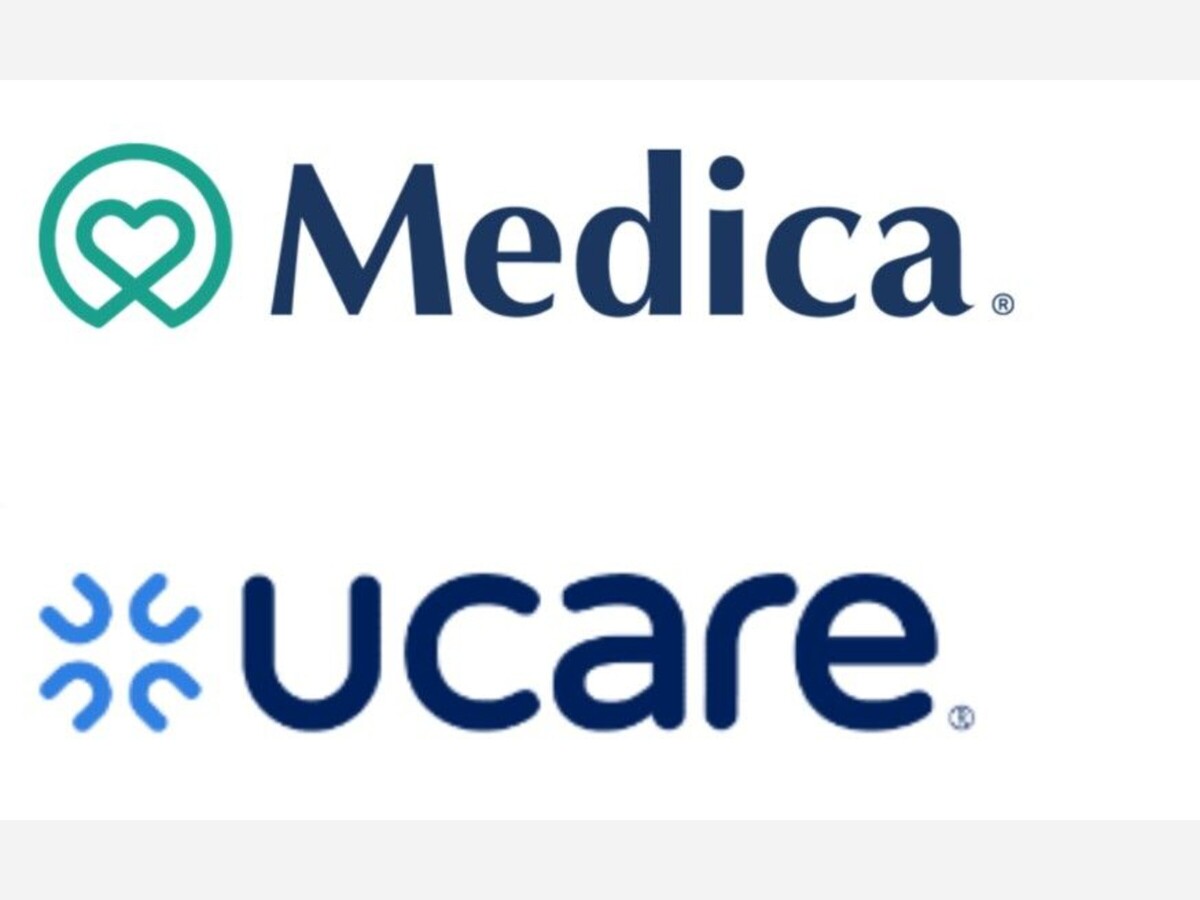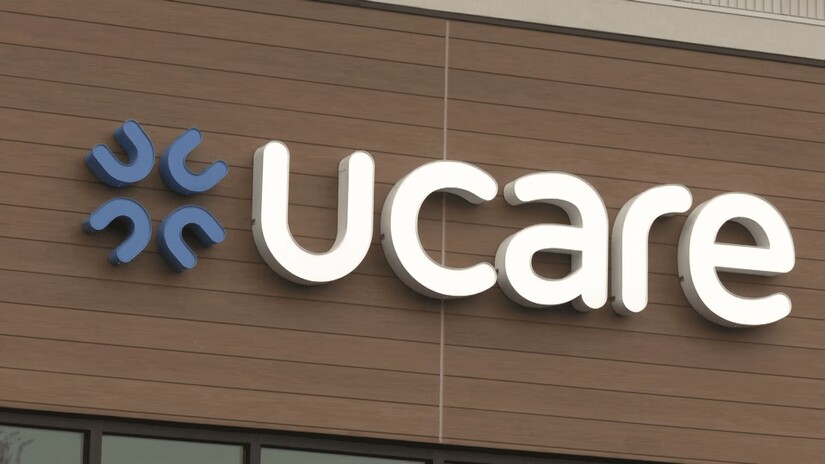Image


Minneapolis, MN — Medica has reached an agreement to acquire UCare’s Medicaid and Individual & Family Plan business, marking the most significant step yet in UCare’s planned shutdown. The transaction, announced jointly by the two nonprofit insurers, will transfer UCare’s remaining health plan operations to Medica as UCare prepares to cease operations entirely by early 2026. Financial terms of the deal were not disclosed.

UCare’s decision to sell its remaining membership comes after a period of severe financial strain. The health plan reported a $115 million operating loss in the first half of 2025, driven largely by a mismatch between state and federal reimbursement rates and rapidly rising medical and pharmacy costs. UCare’s business model — built almost entirely around government-funded programs — left it without the commercial revenue streams that have helped some competitors offset volatility in public-program spending.
In 2024, UCare posted a $504 million loss, cutting its financial reserves roughly in half and triggering cost-reduction measures, including the elimination of about 80 positions. Company leaders have said the losses made it impossible to sustain ongoing participation in markets where government payments lagged behind member health care expenses.
The Medica acquisition is the culmination of a phased retreat. In previous announcements, UCare confirmed it will exit the Medicare Advantage market on January 1, 2026, affecting more than 150,000 seniors in Minnesota and western Wisconsin.
In addition, UCare is withdrawing from Medicaid and MinnesotaCare in 11 Minnesota counties beginning September 1, 2025 — a move that will force an estimated 88,000 enrollees to transition to new plans. The company said those departures were necessary after continued losses tied to insufficient government reimbursement rates.
Under the agreement, Medica will assume UCare’s contracts and assets related to:
Approximately 300,000 UCare members are expected to transition to Medica as part of the transaction. Both organizations say they are committed to ensuring uninterrupted coverage throughout 2025 and 2026, with members receiving updated plan information as the transition progresses.
The acquisition remains subject to regulatory review and is expected to close during the first quarter of 2026.
Medica, also a Minnesota-based nonprofit, enters this agreement with a significantly broader and more diversified portfolio. The insurer serves roughly 1.4 million members across nine states, including large employer-sponsored groups and commercial plans that provide financial stability not available to UCare.
Medica has framed the acquisition as a commitment to safeguarding coverage for low-income and vulnerable Minnesotans, emphasizing its ability to manage the scale of UCare’s public-program membership and maintain continuity of care.
Members: UCare and Medica say coverage will continue without interruption. Members will receive direct notices outlining how their benefits, provider networks, or plan materials may change as the transition moves forward.
Providers: UCare has stated that contracts will remain effective through the transition period, and prior authorizations will be honored under continuity-of-care requirements. Providers will receive additional communication from Medica as operational details are finalized.
Regulators and Advocates: The Minnesota Department of Human Services, MNsure, and consumer advocacy groups are expected to closely monitor the transition to ensure member protections, network stability, and transparency in plan changes.
UCare’s collapse highlights ongoing concerns about the financial sustainability of Medicaid and Medicare Advantage participation, particularly for nonprofit insurers that rely heavily on public-program revenue. The rising cost of care — especially specialty drugs — has intensified pressure on plans operating within tightly regulated reimbursement structures.
For Minnesota’s health insurance landscape, the Medica–UCare deal reduces the number of nonprofit payers serving public-program enrollees. At the same time, consolidation under a financially stronger organization could help stabilize access if Medica successfully absorbs the enlarged risk pool.